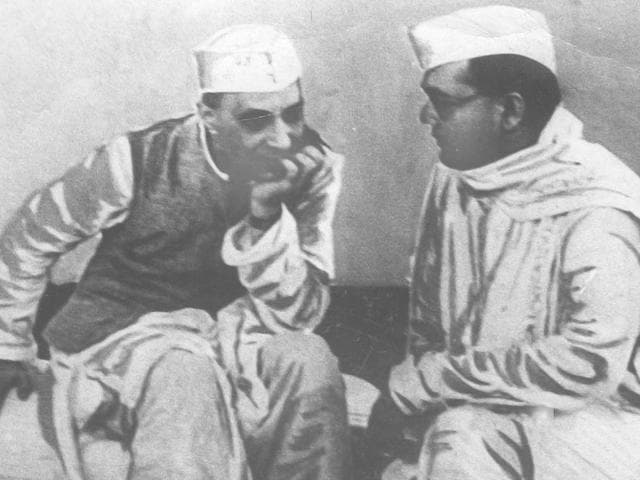Netaji files: The ball is in Modi’s court to unwrap a mystery
As long as the Centre refuses to release the Netaji files, Friday’s declassification will remain a half-baked one.
One of the best-kept secrets of the country, the intelligence files on Netaji Subhas Chandra Bose, came to light, at least partially, on Friday morning in the Kolkata Police Museum, where the government, led by chief minister Mamata Banerjee, took the laudable step of throwing open the files to the public.

Eager Bose family members, researchers and journalists kept poring over nearly 13,000 pages of the 64 files that were digitised — a Herculean and time-consuming task — but a few of the early gleanings seemed to stoke the curiosity about the fate of the nationalist patriot and trigger more questions that leads to the demand that the Centre should declassify the 130-odd files that are in its custody.
It was evident that an elaborate surveillance machinery worked round the clock to keep vigil on the family members of Bose and people with INA links even after he purportedly died on August 18, 1945.
While the files do not answer the key questions — did Netaji die in the ‘Taihoku aircrash’, and if he did not, how and where did he spend his remaining years — they certainly prove the Centre’s deep distrust of the Bose family.
Friday’s move, a result of a sudden announcement a week ago by Banerjee, also raises the question why she decided to declassify the files now. It is likely that she will gain politically with just about eight months left for the assembly elections, especially with the high emotional quotient society in Bengal has about Bose.
A collateral benefit may also be the negative rub-off it can have on the Congress, now her bitter rival in Bengal. Significantly, if the Congress goes on the back-foot, especially with evidence of round the clock surveillance on Bose family members for years, it will also benefit the BJP. The Trinamool Congress chief has already fuelled speculation by asserting that from whatever she has read so far, she suspected that Bose was alive even after the purported date of death on August 18, 1945.
We live in an age of transparency. It is also an age that has few links with the geopolitics that followed World War II in the forties and the fifties. Withholding information about a key nationalist leader who fought for the country in the most spectacular manner — trying to mobilise an army and resources on foreign soil and take on the colonial rulers in an armed struggle — hardly stands to logic 70 years after his presumed death.
It is high time that the Centre, too, declassified the files in its closet. It has maintained that revealing them will jeopardise our relations with another country. To keep the files closed is to underestimate the maturity of Indian democracy and also to doubt the maturity of that country.
As long as the Centre refuses to do it, Friday’s declassification will remain a half-baked one and confirm Bose’s existence as ‘a riddle, wrapped in a mystery, inside an enigma’.





